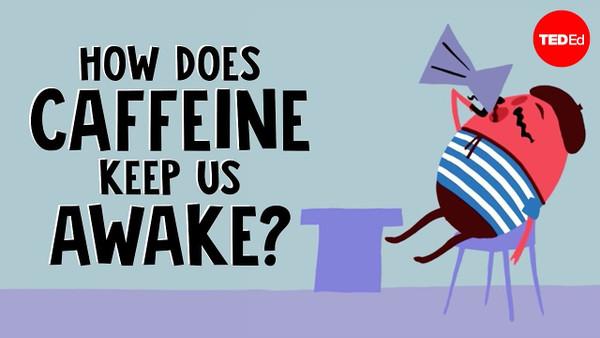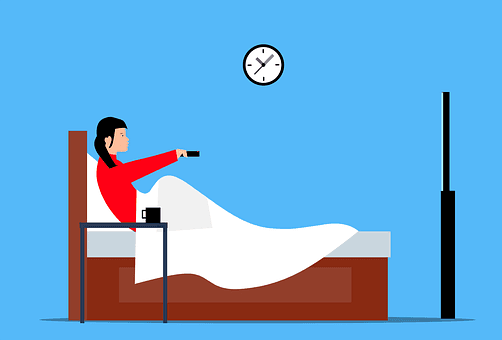Explore the World's Best Ideas
Join today and uncover 100+ curated journeys from 50+ topics. Unlock access to our mobile app with extensive features.
Caffeine consumption
Most of the caffeine we consume is found in coffee and tea, but it can also be found in some sodas, chocolate, caffeine pills, and decaf beverages.
Caffein helps us feel alert, focused, happy, and energetic, even if we lack sleep. However, it can also raise our blood pressure and make us feel anxious.
Caffeine is found the leaves and seeds of certain plant species. It's toxic to insects, but when they consume it in lower doses, such as found in nectar, it can help them to remember and revisit flowers.
27
458 reads
Why caffeine keeps us awake
In the human body, caffeine acts as a stimulant for the central nervous system. It keeps us awake by blocking one of the body's sleep-inducing molecules, called adenosine.
Your body gets its supply of energy by breaking down ATP, a high-energy molecule. In the process, adenosine is released. When adenosine docks at the receptors in your brain, it activates a cascade of biochemical reactions that makes your neurons fire more slowly, making you get sleepy.
Caffeine interfears with this process of slowing your neurons.
30
358 reads
Caffeine boost positive feelings
Adenosine receptors are linked to the dopamine receptors in some neurons in the brain.
Dopamine promotes feelings of pleasure. When adenosine docks in one of these paired receptors, it makes it harder for dopamine to fit in its own place and interrupt mood-lifting.
But when caffeine takes the place of adenosine, dopamine can fit in its own place and increase the mood.
25
313 reads
Caffeine long-term effects
Caffeine can reduce the risk of diseases like Parkinson's,, Alzheimer's, and some types of cancer. It can increase the body's ability to burn fat.
However, caffeine can also raise your heart rate and blood pressure, cause increased urination or diarrhoea, and cause insomnia and anxiety.
The body adapts to regular consumption of caffeine. When you suddenly quit caffeine, you may experience withdrawal symptoms such as headaches, tiredness and depressed moods.
26
311 reads
IDEAS CURATED BY
Sebastian 's ideas are part of this journey:
Learn more about health with this collection
How to stay motivated
How to create a workout routine
Proper form and technique for home workouts
Related collections
Similar ideas
7 ideas
Leading Blog: A Leadership Blog
leadershipnow.com
Read & Learn
20x Faster
without
deepstash
with
deepstash
with
deepstash
Personalized microlearning
—
100+ Learning Journeys
—
Access to 200,000+ ideas
—
Access to the mobile app
—
Unlimited idea saving
—
—
Unlimited history
—
—
Unlimited listening to ideas
—
—
Downloading & offline access
—
—
Supercharge your mind with one idea per day
Enter your email and spend 1 minute every day to learn something new.
I agree to receive email updates



